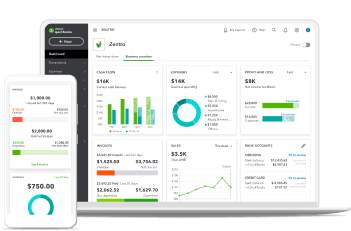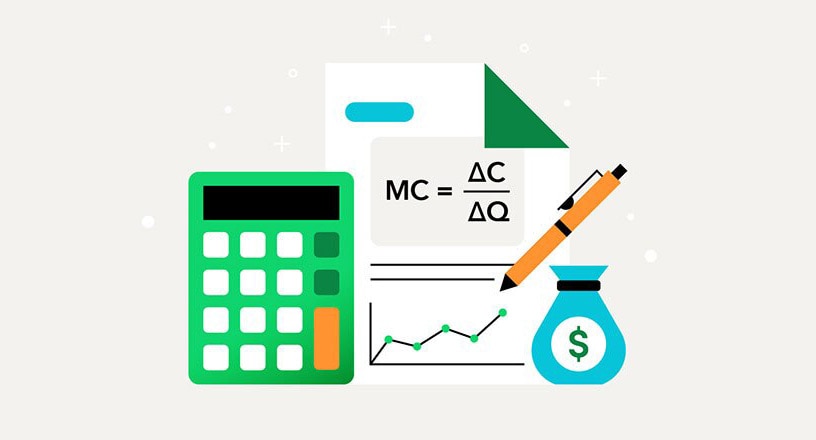All About the Retail Business Model
In general, when selling retail, you sell the product for a higher price per unit than wholesale. Since wholesalers sell products in bulk amounts, they purchase the product at a discount and then use their own formulas to mark up the retail price.
As a retailer, you have control over your product, when it’s sold, where it’s sold and for how much it’s sold. You also have the ability to interact with your customers one-on-one and receive their feedback in real time.
Because you’re face-to-face with customers and other members of the public, helping people understand the work involved in what you do is a great way to generate word-of-mouth marketing. Lastly, as a small-scale manufacturer of over-the-counter sales of your goods, you can be quicker at incorporating new designs and feedback into your products.
Why Not Retail?
Running a retail store is all about interacting with the public. If you find social situations awkward or have a hard time finding the energy to talk to people, this can be a major obstacle to your success. Being face-to-face is also an occasion to introduce criticisms of all sorts, from pricing decisions to product craftsmanship. If you’re unable or uncomfortable with being in that situation, then retail may not be the best model for your business.
In general, retailing is as much about making personal connections as it is about the product. Your success will rest solely on your ability to sell your product and continuing to do so as you create new ones. If building a consumer brand sounds more like a bad dream than a fulfilling experience, then retailing may not be right for you.
You will be the marketer, salesperson, billing contact and fulfillment specialist for your business. That’s a lot of hats for one person to wear, especially when you’re also the product creator.














